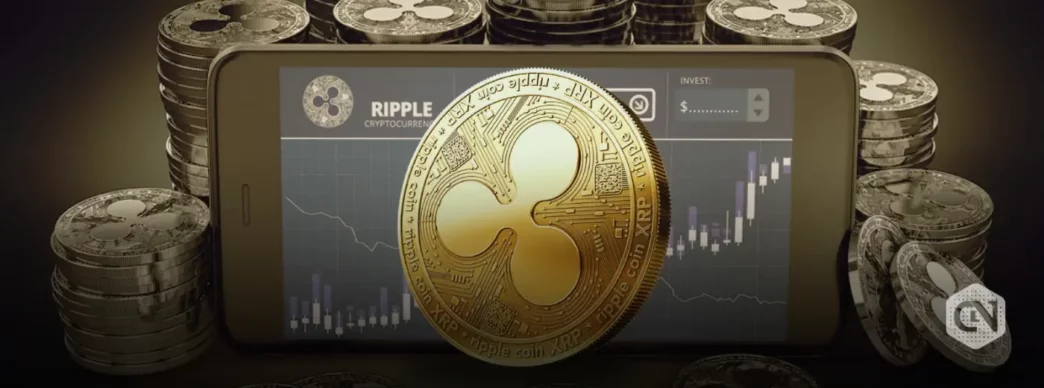Ripple has been at war with the United States SEC, but it could be the solution that the American financial industry needs. The US Federal Reserve has expressed concern about the growth of fast payment systems, particularly those that link to foreign networks to make global payments.
Ripple’s XRP could make a home in India
Christopher J Waller, a member of the Federal Reserve Board of Governors in the United States, stated on Wednesday that the interlinking of payment systems could end up in legal issues that increase compliance for the network’s banks.
Speaking at Global Fintech Fest in Mumbai, Waller said, “There is no silver bullet that increases speed and efficiency without trade-offs. Unless new solutions are found, interlinking fast payment systems might increase the risk-management burden for banks participating in them.
Analysts say the problem both nations face has a solution in XRP. In 2020, Ripple won a patent for a design that can execute smart contracts based on data collected from the outside world.
These smart contracts can automatically settle options contracts when pre-agreed conditions are met. Gregory Tsipenyuk, a Ripple software engineer, published a proposal titled 0045 XLS-45d Price Oracles on GitHub.
BREAKING…US FEDERAL RESERVE “HINTS” AT WORKING WITH RIPPLE XRP TO CONNECT INDIA PAYMENTS! #BREAKING #XRP #XLM #XDC #ALGO #Quant #IOTA #HBAR #Ripple #Crypto #cryptocurrency #cryptotrading #XRPHolders #XRPLedger pic.twitter.com/cbUznVnsnG
— Crypto Hulk (@CryptoHulk19) August 28, 2024
Gregory proposes implementing native on-chain oracles for XRP Ledger. With these oracles, XRPL, like other blockchains, is ready to accept “real-world data, for instance, market prices, exchange rates, interest rates, or weather conditions onto the blockchain.”
The platform for XRP’s use in China has already been set in stone. In 2017, Google-backed payment company Ripple was in talks with Indian banks and the National Payments Corporation of India (NPCI) about facilitating global account-to-account transfers without the need to join a payment network.
Axis Bank and Yes Bank were the first Indian institutions to join Ripple, which now has over 75 customers globally. That same year, the Federal Reserve published its Faster Payments Task Force’s action plan for bringing faster payments to the United States, highlighting XRP’s abilities to power the next generation of cross-border payments.
